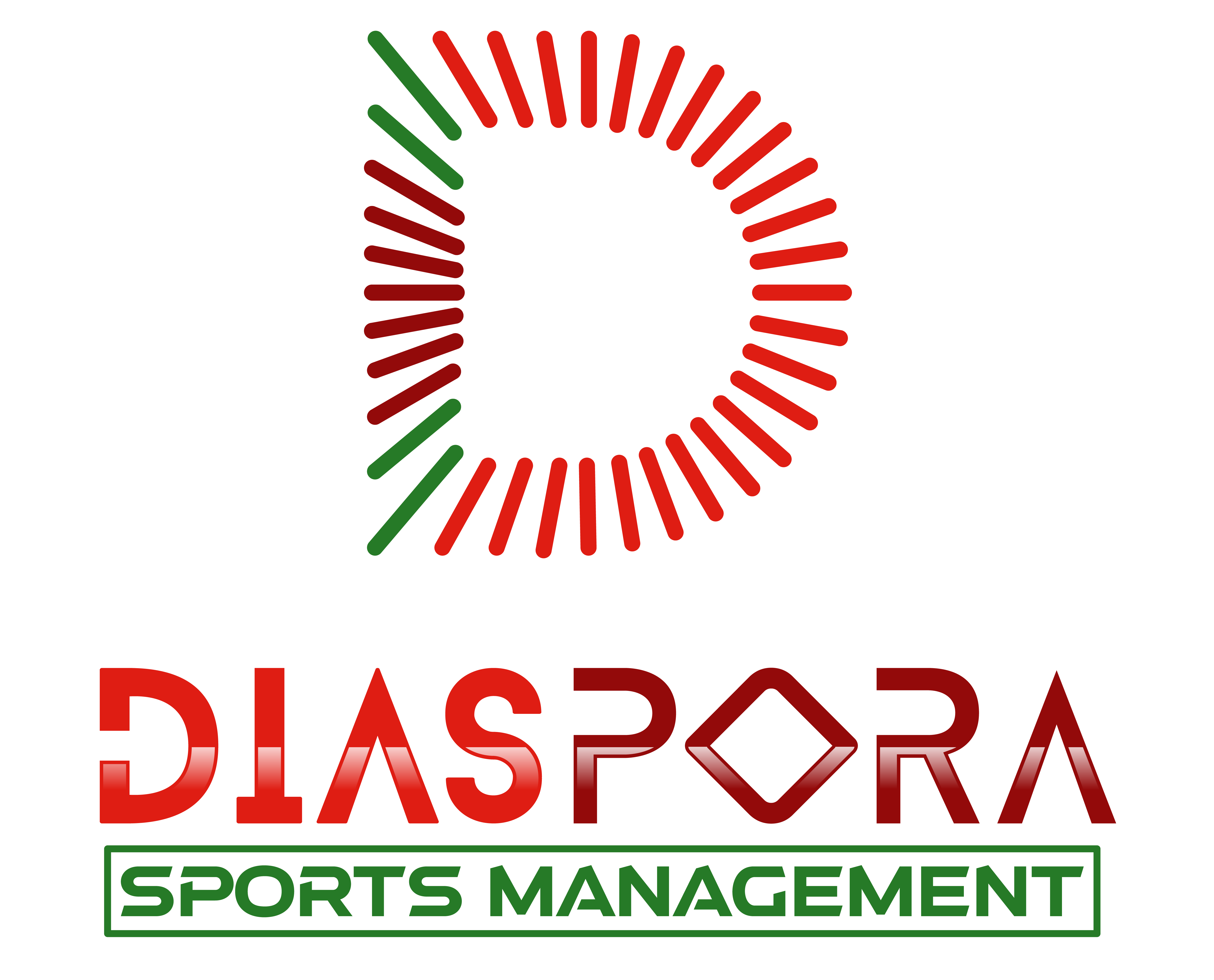Scholarships
College Athletic Organizations
In the United States, college sports are governed by three major organizations: the NCAA, NAIA, and NJCAA.
Each organization has its own set of requirements, number of member institutions, and scholarship opportunities.
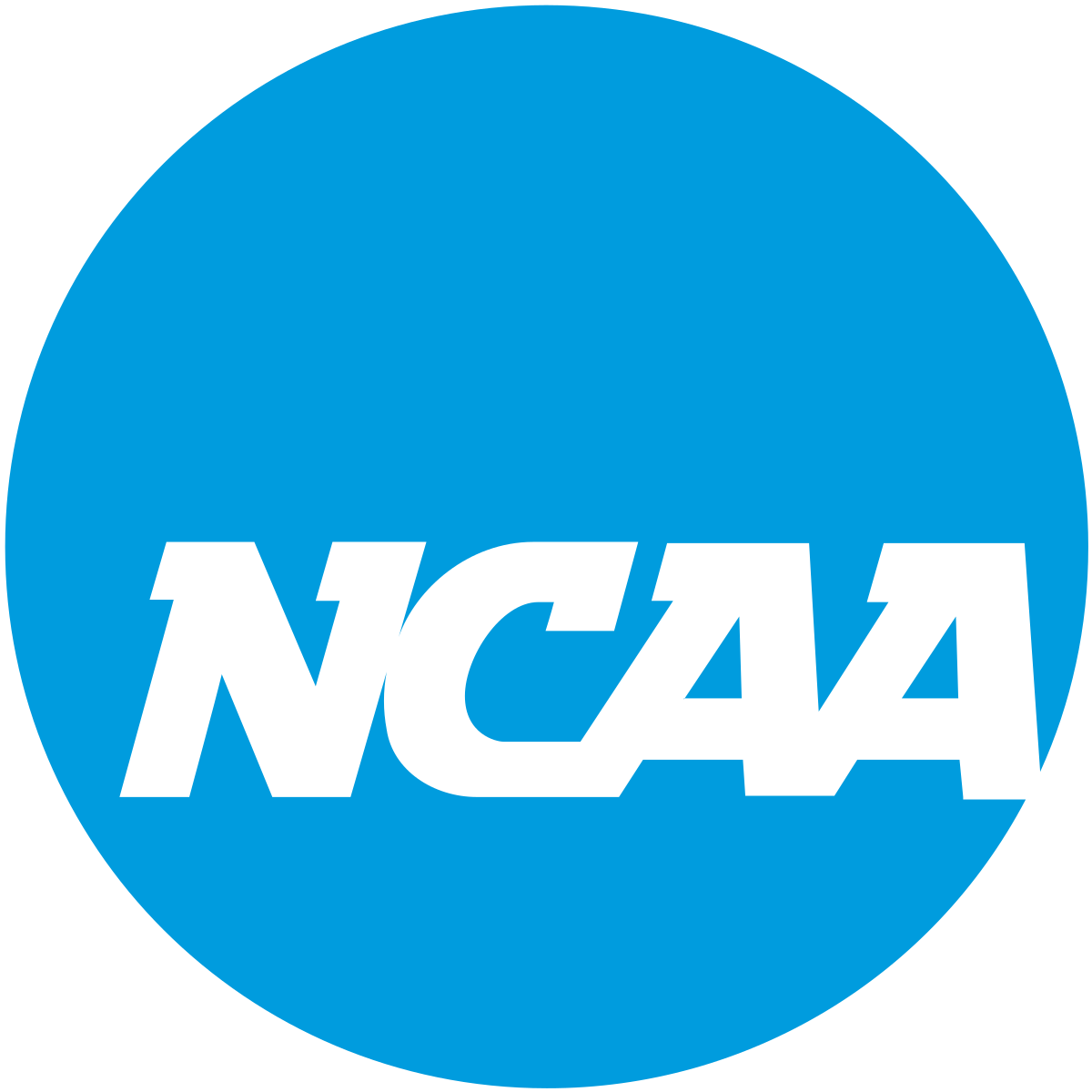
The NCAA is the largest governing body for college athletics in the USA, with over 1,100 member schools across three divisions (Division I, II, and III). NCAA Division I schools offer the most athletic scholarships, followed by Division II schools, while Division III schools do not offer athletic scholarships but may provide financial aid based on need or merit.
To be eligible for NCAA scholarships, athletes must meet specific academic and amateurism requirements.

The NAIA is a smaller organization with approximately 250 member institutions. The NAIA is known for its commitment to character-driven athletics and offers scholarships to athletes competing at a high level. The eligibility requirements for NAIA athletes include academic standards and amateurism regulations, similar to the NCAA. The scholarship opportunities in the NAIA can be generous, particularly for top-tier athletes.
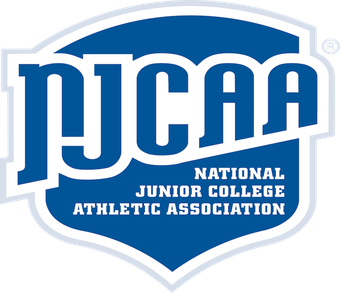
The NJCAA governs athletics at the junior college level, with over 500 member institutions. Junior colleges provide a valuable pathway for athletes who may not meet the initial academic requirements for NCAA or NAIA schools or who wish to develop their skills further before transferring to a four-year institution. The NJCAA offers athletic scholarships, and many athletes use their time at junior colleges as a stepping stone to earn scholarships at NCAA or NAIA schools.
Standardized Placement Tests
To gain admission to a university in the United States, international athletes must often take standardized placement tests.
These exams are designed to assess academic readiness and English proficiency, both of which are critical for success at the collegiate level.
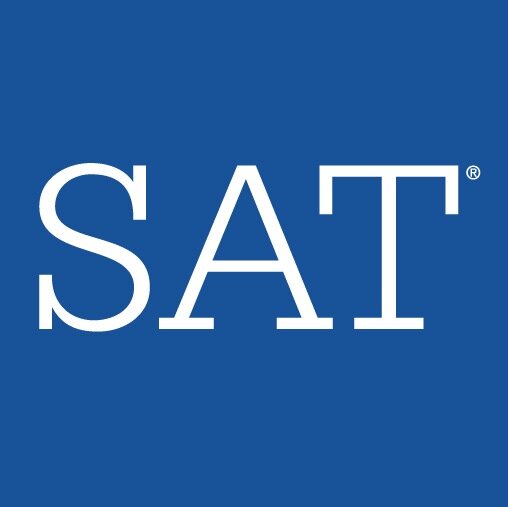
The SAT is a standardized test widely used for college admissions in the United States. It assesses a student's knowledge and skills in reading, writing, and mathematics. A strong SAT score can enhance an athlete's chances of admission and scholarship opportunities.
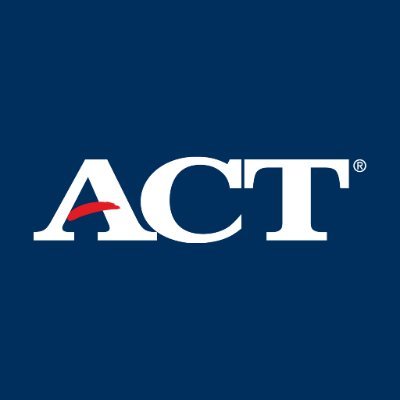
Similar to the SAT, the ACT is another standardized test used for college admissions. It covers English, mathematics, reading, and science, with an optional writing section. Some colleges prefer the ACT over the SAT, so it's important to understand the requirements of the schools you are targeting.
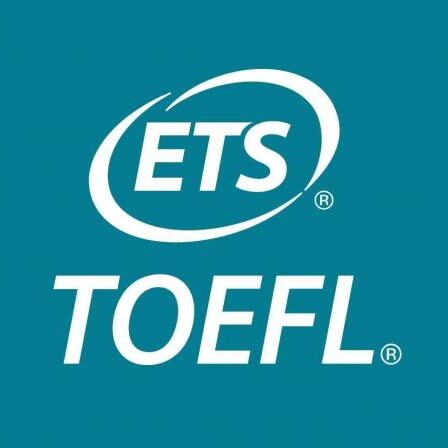
The TOEFL is specifically designed for non-native English speakers to demonstrate their proficiency in English. Many colleges require international students to submit TOEFL scores as part of the admission process, particularly if English is not their first language.

The ACCUPLACER is a placement test that helps colleges assess a student's skill level in math, reading, and writing. Some colleges use ACCUPLACER scores to determine course placement rather than as part of the initial admissions process. However, it can still be a valuable tool for international athletes.
Benefits of Being a College Athlete in the United States
Being a college athlete in the United States offers numerous benefits beyond just playing sports. Here are some of the key advantages:

College athletes often receive scholarships that significantly reduce or even eliminate the cost of tuition, room, and board. These scholarships can be a gateway to a world-class education that might otherwise be financially out of reach.

U.S. universities are known for their academic excellence, and student-athletes have the opportunity to earn degrees from some of the best institutions in the world. Balancing academics and athletics teaches valuable time-management skills and discipline that benefit athletes long after graduation.

College sports provide access to extensive networks of alumni, coaches, and professionals in various fields.
These connections can open doors to career opportunities both within and outside of sports.

The experience of competing at a high level while pursuing an education helps athletes develop leadership skills, resilience, and a strong work ethic. These qualities are highly valued in the professional world.

Studying and competing in the USA allows international athletes to immerse themselves in American culture and interact with peers from diverse backgrounds. This exposure broadens their perspectives and enriches their personal and professional lives.
